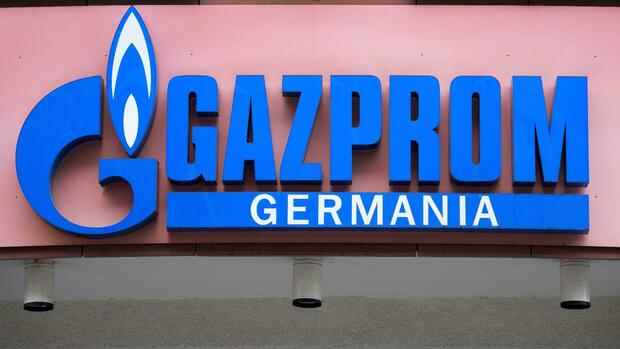Moscow, Berlin Russia has imposed sanctions on Gazprom Germania and other former subsidiaries of its state-owned gas company.
With a total of 31 listed companies, no more business should be done from the Russian side, it said. The Russian government published an order on Wednesday according to which the trade bans come into force on behalf of Kremlin chief Vladimir Putin. Gazprom Germania was placed under German state control in early April.
The federal government emphasized in Berlin that security of supply is currently guaranteed. A spokeswoman for the Federal Ministry for Economic Affairs and Climate Protection said in Berlin: “We are evaluating these announcements. We don’t have any details yet.”
The Federal Government and the Federal Network Agency, as Gazprom Germania’s trustee, are already preparing for various scenarios. “The gas crisis team is closely monitoring the current situation. The security of supply is currently guaranteed and is constantly being checked,” said the spokeswoman.
Top jobs of the day
Find the best jobs now and
be notified by email.
Gazprom Germania owns other important companies in the German gas industry. These include the gas trader Wingas, which supplies public utilities, among other things, and the gas storage operator Astora. They are also affected by the Russian sanctions.
The affected companies in Germany, other EU countries, the USA and Great Britain were subject to western sanctions in the course of the Russian war of aggression against Ukraine.
The operators of gas storage facilities are particularly affected by the Russian counter-sanctions, as are the owners who operate the Polish part of the Yamal pipeline, which runs from Russia to Europe. Russia had previously stopped supplying gas to Poland.
At the beginning of April, Federal Minister of Economics Robert Habeck (Greens) temporarily appointed the Federal Network Agency as trustee for the German subsidiary of the Russian state-owned company Gazprom. Habeck justified this with unclear legal relationships and a violation of reporting regulations. The aim is to ensure security of supply. Gazprom is still Germany’s largest gas supplier.
More: “Doing something that Germany hasn’t experienced for a long time” – Floating LNG terminals should be ready in winter.
